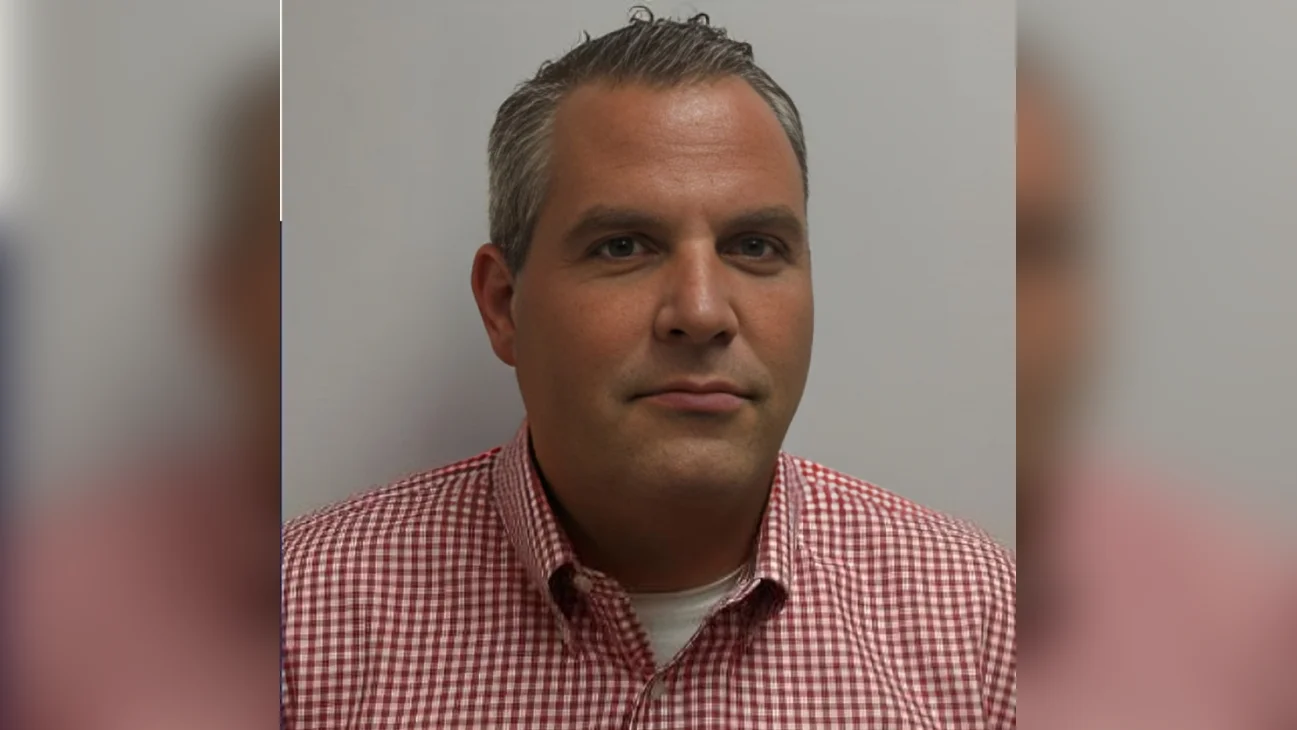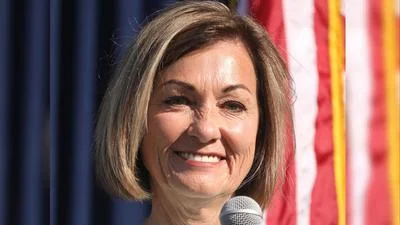Matt Everson State Director of NFIB | Official Website
Matt Everson State Director of NFIB | Official Website
The National Federation of Independent Business (NFIB) Small Business Optimism Index declined by 2.0 points in September, settling at 98.8. This marks the first drop in optimism among small business owners in three months, though the figure remains above the survey’s long-term average of 98. The NFIB Uncertainty Index also rose to 100, one of its highest readings in over five decades.
“Optimism among small business owners decreased in September,” said NFIB Chief Economist Bill Dunkelberg. “While most owners evaluate their own business as currently healthy, they are having to manage rising inflationary pressures, slower sales expectations, and ongoing labor market challenges. Although uncertainty is high, small business owners remain resilient as they seek to better understand how policy changes will impact their operations.”
Matt Everson, NFIB Iowa State Director, commented on local conditions: “Small business owners in Iowa are facing uncertainty, especially with workforce shortages, high interest rates, rising energy costs, and an out-of-control property tax system. If lawmakers want Iowa’s economy to grow, they must address these significant issues.”
Key data from the September report highlight several challenges for small businesses:
- Inflation concerns increased slightly; 14% of owners named it as their main problem.
- The number of owners raising selling prices rose to a net 24%, while a net 31% plan further price increases in the next three months.
- Supply chain disruptions affected 64% of businesses—an increase from August.
- Inventory levels saw a historic decline with more firms reporting excess stocks than needed.
- Labor quality and taxes tied as top problems for small businesses at 18% each.
- About a third of all small businesses reported job openings they could not fill; hiring plans reached their highest level since January.
- Compensation increases continued: a net 31% raised pay last month.
- Capital expenditures remained steady but weak historically; just over half reported recent outlays and about one-fifth plan spending in coming months.
- More firms saw declining sales than gains; expectations for improved real sales fell.
Profit trends showed slight improvement but remained negative overall. When asked about business health, most owners described conditions as good or fair.
The cost and availability of credit became more challenging; more businesses found loans harder to obtain and faced higher rates.
The monthly Small Business Economic Trends survey has been conducted by NFIB since the late 1970s using random samples from its membership.




 Alerts Sign-up
Alerts Sign-up